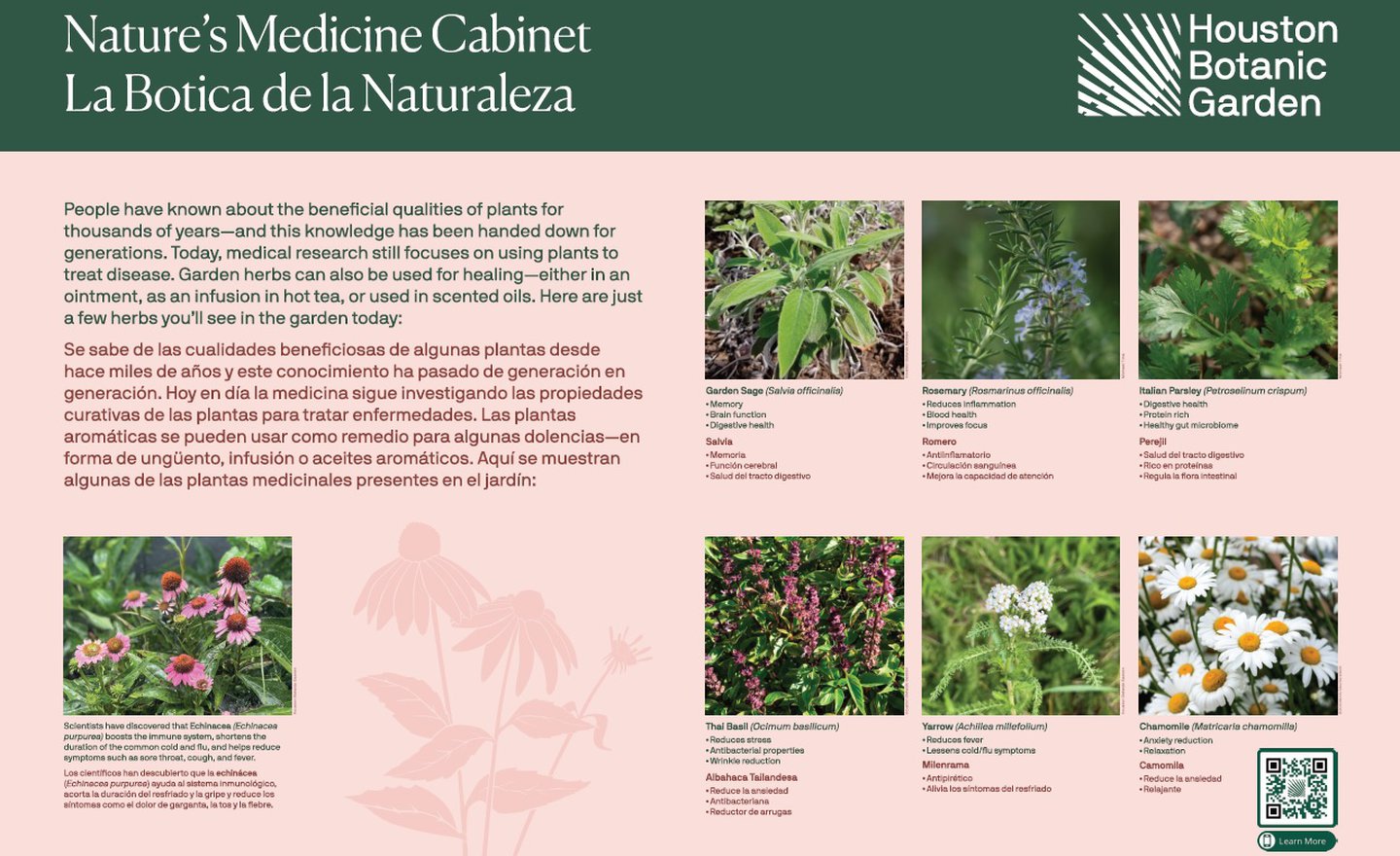Nature's Medicine Cabinet
Healing Yarrow
Achillea milefolium, commonly known as Yarrow, has been used for millennia as a powerful medicinal plant around the world. Yarrow was found in the teeth of Neanderthal skulls in Spain dated to 60,000 years ago. Legend tells that Achilles, the great warrior in the battle of Troy, used yarrow to clean his wounds and stop the bleeding.
There are around 130 species of yarrow found around the globe; Achillea milefolium is the most common. Yarrow is one of the best herbs for wounds. Often reffered to as the “master of the blood,” because it can increase circulation when needed, while also stopping excessive bleeding both internally and externally. It can be used for minor cuts and scrapes, as well as for heavy bleeding, promoting healing for every phase of a wound through its anti-microbial, anti-inflammatory, and astringent actions.
Yarrow is also a wonderful ally for any stage of a fever, as it is a relaxant and stimulant diaphoretic. This herbal ally can be especially helpful when someone is feeling nauseous and experiencing periodic spikes in temperature due to its cooling and immune system stimulating effects. As a bitter herb, it is helpful for digestive issues, as well.
Herbal Plants for Digestion
Did you know the gut is considered the body’s second brain? Our stomach and nervous system are connected and communicate with each other via the sympathetic and parasympathetic systems. Many digestive issues, therefore, can be stress-related, and there are herbs – including bitters, carminatives, and nervines – that can help ease both our nervous and digestive systems.
Bitters – such as dandelion, yarrow, boneset, blue vervain, wormwood, and mugwort – are believed to help ease digestive issues because the bitter receptor is linked to the Vagus nerve (cranial nerve X), which is directly responsible for the governance of the digestive system via the parasympathetic nervous system. The parasympathetic nervous system oversees the entire digestive process, and when its opposite branch of the autonomic nervous system (sympathetic) is active, digestion does not occur.
Carminatives – including most herbs in the mint family (such as lemon balm, catmint, catnip, and basil), as well as chamomile and ginger. The primary function of these herbs is to help pass gas and prevent or ease bloating.
Nervines – many of which happen to be carminative as well – are herbs that work solely on the nervous system. Some are mild, but, in cases where someone needs support for severe anxiety or acute heightened feelings, strong nervines – including skullcap, passionflower, oat straw, lavender, and hops – may provide natural relief of symptoms.
